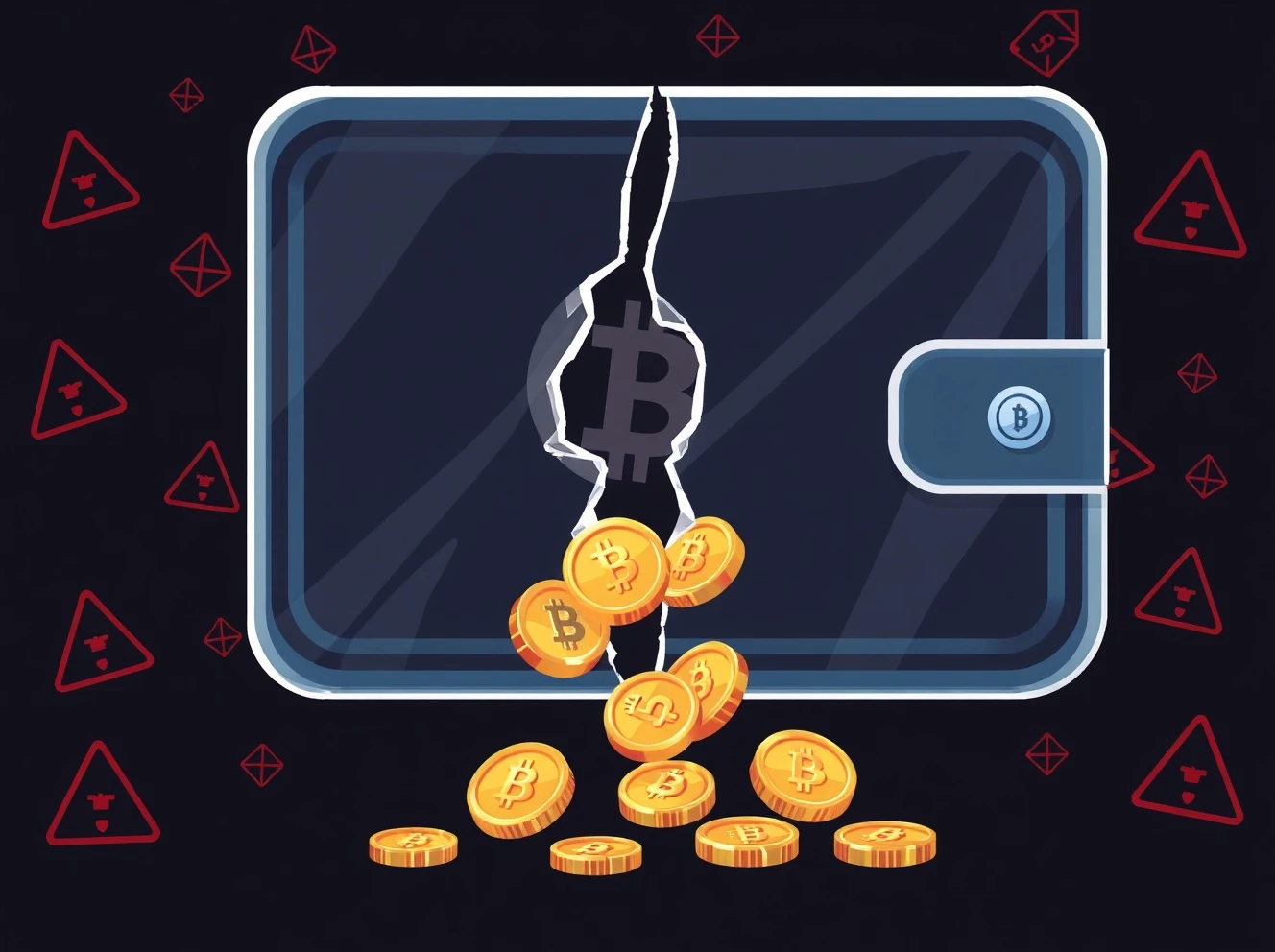A staggering $27 million cryptocurrency loss has shocked the DeFi community, exposing critical wallet security vulnerabilities that threaten every Ethereum user. This devastating incident demonstrates how sophisticated phishing attacks can bypass even experienced investors’ defenses, highlighting the urgent need for enhanced security measures across the decentralized finance ecosystem.
Major Wallet Security Breach Rocks DeFi Community
A Venus Protocol user suffered catastrophic losses totaling $27 million through a sophisticated phishing attack. Security analysts confirmed the attacker gained control after the victim approved malicious transactions. Consequently, the hacker’s wallet now contains over $27.1 million in stolen assets, primarily Venus USDT and Venus USDC tokens. This incident underscores the critical importance of wallet security practices for all cryptocurrency holders.
Understanding the Wallet Security Compromise Mechanism
The attack exploited fundamental wallet security weaknesses through deceptive transaction approvals. Once granted, these approvals enable attackers to transfer assets without additional consent. Security firm PeckShield emphasized that victims typically have limited recourse after such compromises. The stolen assets included 769 million VUSDT tokens worth $19.8 million and 276 million VUSDC tokens valued at $7.1 million.
Parallel Incidents Highlight Systemic Wallet Security Issues
On the same day, Bunni DeFi platform reported a separate $2.3 million exploit stemming from Ethereum smart contract vulnerabilities. Meanwhile, hackers increasingly leverage EIP-7702 upgrades to plant malicious contracts. These coordinated attacks demonstrate sophisticated targeting of wallet security protocols across multiple platforms. Security experts note that private key leakage remains the primary attack vector for these exploits.
Strengthening Your Wallet Security Defenses
Users must implement multi-layered wallet security approaches to prevent similar losses. Always verify smart contract addresses before approving transactions. Furthermore, utilize hardware wallets for significant asset storage. Security professionals recommend regular approval reviews and revocation of unnecessary permissions. The community urgently needs improved educational resources about wallet security best practices.
Industry Response and Future Wallet Security Measures
The Venus community continues monitoring the situation while security teams analyze the attack vectors. Developers across the ecosystem are implementing enhanced wallet security protocols. These measures include transaction simulation tools and improved approval mechanisms. The industry must collectively address these wallet security challenges to maintain user confidence in DeFi platforms.
Frequently Asked Questions
How did the attacker gain access to the $27 million in assets?
The attacker used phishing techniques to trick the user into approving malicious transactions, granting control over the wallet’s assets without directly compromising private keys.
What makes wallet security particularly vulnerable in DeFi?
DeFi’s permissionless nature requires frequent smart contract interactions, creating multiple opportunities for attackers to exploit transaction approval mechanisms.
Can victims recover funds after such security breaches?
Recovery remains extremely difficult once attackers transfer assets, though some platforms offer insurance mechanisms or community-funded reimbursements in exceptional cases.
What immediate steps should users take to enhance wallet security?
Users should immediately review and revoke unnecessary token approvals, implement hardware wallet storage, and verify all contract addresses before transactions.
How are developers addressing these wallet security concerns?
Developers are creating improved transaction simulation tools, implementing multi-factor authentication, and developing better user education resources about security practices.
Does this incident affect the overall security of Venus Protocol?
The attack targeted individual wallet security rather than the protocol itself, though it highlights the importance of comprehensive security measures throughout the ecosystem.







